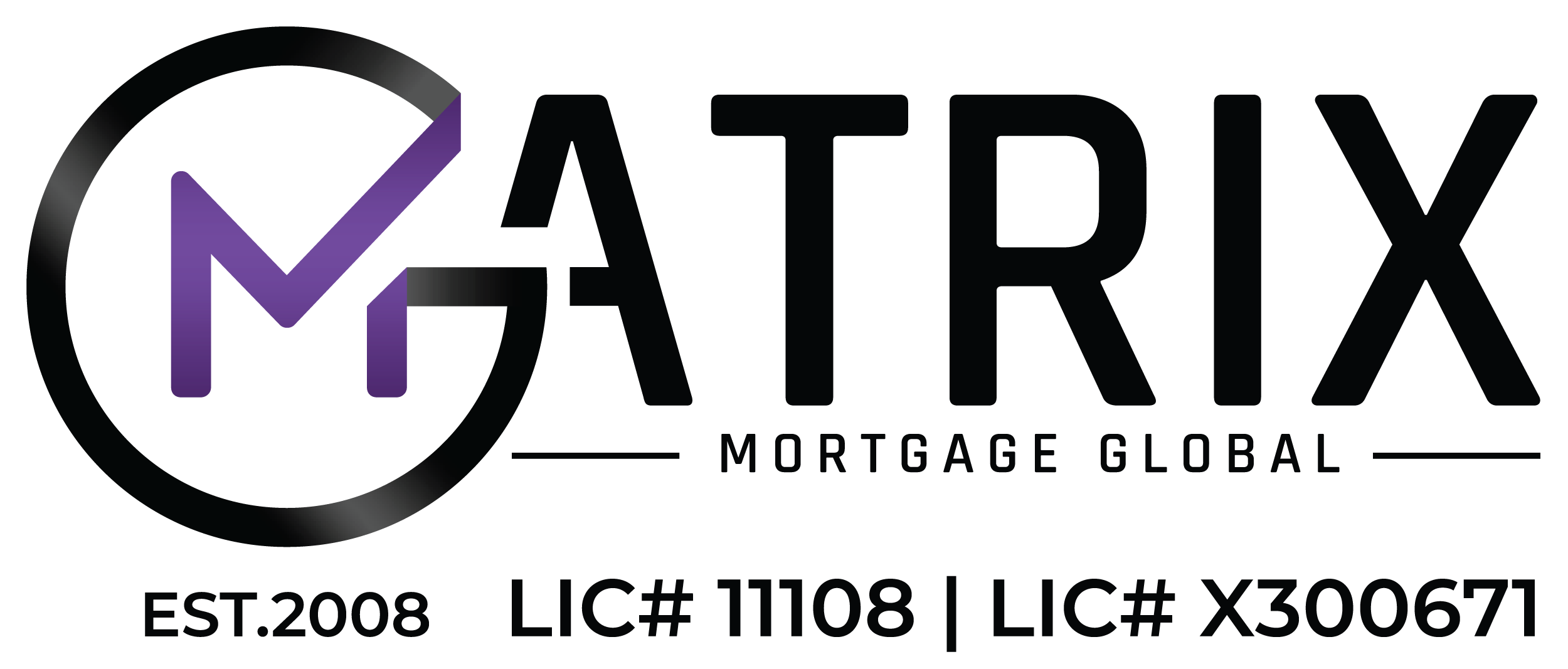
HOW A MORTGAGE REFINANCE CAN HELP YOU OUT IN 2022
Thanks to the Covid-19 pandemic, mortgage interest rates have been at a record low for the past two years. Due to this, it had been a great time for homeowners who wanted to refinance their mortgages. However, with the market reopening and interest rates going high again, the time to take advantage of that opportunity has passed, but 2022 is still a good time for homeowners to sign on the dotted lines of a mortgage refinance contract. At the time being, mortgage rates are high than they were in the past two years. However, they are not what they used to be like in the pre-pandemic era. You can still save on your mortgage if you change the exiting adjustable-rate mortgage contract to a fixed-rate option. One of the key points that you should remember before doing that is to make sure that your circumstances make refinancing a good choice.
An option for cash-out refinance with rising equity
If you’re planning to use cash-out refinance as an option, now is a good time. With regular finance, you borrow the exact amount you own on your primary or existing mortgage. In cash-out refinance, you borrow more than the mortgage balance and the additional funds are transferred in cash. If you have a higher percentage of home equity, it will be easier for you to get a cash-out mortgage.
You can get rid of your PMI
If you want to get rid of your private mortgage insurance, then mortgage refinancing can be one way to do it. You may think, that you would have to pay closing costs and that might be a costly affair. On the upside, the benefits would include a lower interest rate. This way, you will be saving a lot in long term.
Long-term savings with mortgage refinancing
Refinancing can help you grow your long term savings in two main ways:
- With a lower interest rate the mortgage interest, you pay over the life of your loan.
- Also, if you have a smaller monthly payment, meaning you will pay your mortgage for a long time but will have the extra funds to keep aside for retirement
Not to mention, with a lower interest rate, you can pay off your mortgage quicker. This way you can pay less on interest as well. For the second option, there is a bit of risk involved. The younger you are when you save and invest for retirement, the more opportunity you have for extra years of compound returns. And to add up to that, even more than the interest you would save by paying down your mortgage faster. You should remember though that investment returns are never guaranteed.
Refinancing out of an FHA Loan
If you’ve taken out an FHA loan in the recent past then you’re stuck paying mortgage insurance premiums for either 11 years or for the entire lifespan of the loan (you should factor in your downpayment for this matter). Once you have enough equity back on your home, you can ask your lender to cancel the FHA mortgage insurance and help you draw up a mortgage refinance contract.
A good option if your finances have changed
If your finances have improved, then there’s a good chance that you may qualify for a better interest rate and loan program than what you were initially qualified for. You can opt for a lower interest rate on your mortgage refinance interest rate. If you have a high credit score and have more equity on your home then you can also qualify for a lower-cost mortgage loan.
Eligibility
Before you start exploring options in mortgage refinancing you should take note if you’re eligible for this option. In general, here’s what a lender might want to give a second look at when you apply for a mortgage refinance:
- If you have a credit score of more than 620, you should not worry about your application getting rejected.
- More equity percentage in your home would mean that you will be eligible for better interest rates and refinancing plans.
- Keeping your credit report up to date is a good way to ensure that you’re eligible for mortgage refinancing, If you notice any errors, it’s your responsibility to get your credit report corrected.
- Your loan-to-value ratio (LTV) can help in determining whether you are eligible for mortgage refinance. It also determines the amount of equity you can cash out. Most lenders put the upper limit of the LTV on a cash-out refinance at 80%
- Alongside, your debt-to-income ratio will also help in determining which refinance programs and rate you qualify for. It is advisable to avoid making new debts.
In addition to these criteria, some mortgage lenders also have their own set of requirements. So don’t stress if you’re denied with one lender, try another one. You should also compare the options that are available to you and then choose the one that best meet’s your financial needs.
Mortgage refinancing: Is it worth it?
It’s a very tricky question and there is no simple answer. One of the reasons why there is no simple answer can be that the term ‘worth it’ can mean different to different owners. For you, refinancing for a lower monthly payment might be worth it, even though the overall interest cost would be more. For another person, a higher monthly payment might be worth it- as it would help in paying off the mortgage faster. It would all depend on your financial requirements and plans. If you need help, it’s better that you hire a professional mortgage broker who can help you with this matter.

